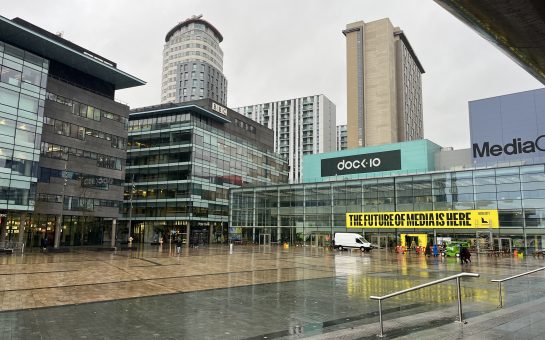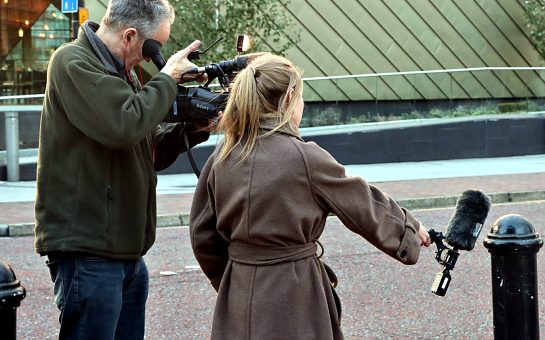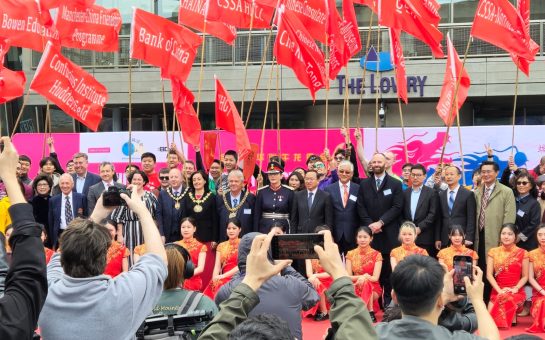The BBC has today revealed which of its stars earns the most – and how much they are paid.
As part of the BBC annual report, the BBC has had to release the names and earnings of all employees whose salaries exceed £150,000.
It is the first time that such information has been revealed to the public.
Of the 96 names revealed in the report, only 34 are women, representing a near two to 1 ration of male to female top Earners at the corporation.
In a series of interviews this morning, BBC director general Lord Tony Hall insisted the BBC are ‘pushing faster than any other major broadcaster,’ to close the gender gap for payment but conceded they ‘need to go further and faster.’
Of these top earners, Chris Evans is the highest paid BBC star, receiving between £2.2m to £2.5m in 2016/17.
The gender divide however continues on the amount paid to women, as the highest paid female celebrity at the BBC, Claudia Winkleman earned £450,000 to £500,000, meaning that a pay gap between the highest earners of almost £2m exists.
Gary Lineker, the presenter of Salford-produced Match of the Day, comes in as the BBC’s highest paid sports presenter, having earned £1.75m to £1.8m according to the report.
The ex-footballer took to twitter this morning before the report saying “Happy BBC salary day. I blame my agent and the other TV channels that pay more. Now where did I put my tin helmet?”
Lineker added that he had declined joining rival privately-owned broadcasters who were willing to offer him higher wages because: ‘I love and value my job and BBC Sport’
A disparity in pay also exists along racial lines though, with stars of black, Asian and minority ethnic background (BAME) earning noticeably less than with white co-workers.
For BAME men, George Alagiah, Jason Mohammad and Trevor Nelson are the top earners at £250,000 to £300,000 while, Mishal Hussain is the highest earning female BAME star with £200,000 to £250,000 earned over 2016/17.
Despite these high earners, the BBC has seen an overall fall in its bill for paying its stars by just over £4 million this financial year. The current figure now sits at £194 million.
Lord Hall argued that each of the 96 top earners were worth every penny and said that the market is very competitive with rival companies such as Netflix and Amazon able to offer even higher pay for similar stars.
Last September, the Culture Secretary Karen Bradley had said more needed to be done by the corporation to bring the level of earning closer to the £150,000 mark, to be closer to the rest of the civil service and public sector pay.
Winkleman last year when asked about the Secretary’s proposal said ‘I’m all for it. I totally understand it. We’re working for the public, so why shouldn’t they know?’
Other BBC employees such as Andrew Marr were less supportive of the reveal. He said: ‘It’s uncomfortable for all of us.’
There are questions however as to the extent that this report is accurate as these salaries are solely reflecting the salaries given for BBC made programs.
Reasoning behind this though is the role of independent production companies the BBC pays for the creation of their content.
Graham Norton for example is paid by the BBC £850,000 to £900,000 for his Radio 2 show and his commentary of Eurovision whilst for his chat show; he is paid by the independent production company, So Television.
These companies then pay their stars separately to the BBC before selling their programs over to corporation, meaning they are not directly paying the stars so have not had these earnings included in the annual report.



